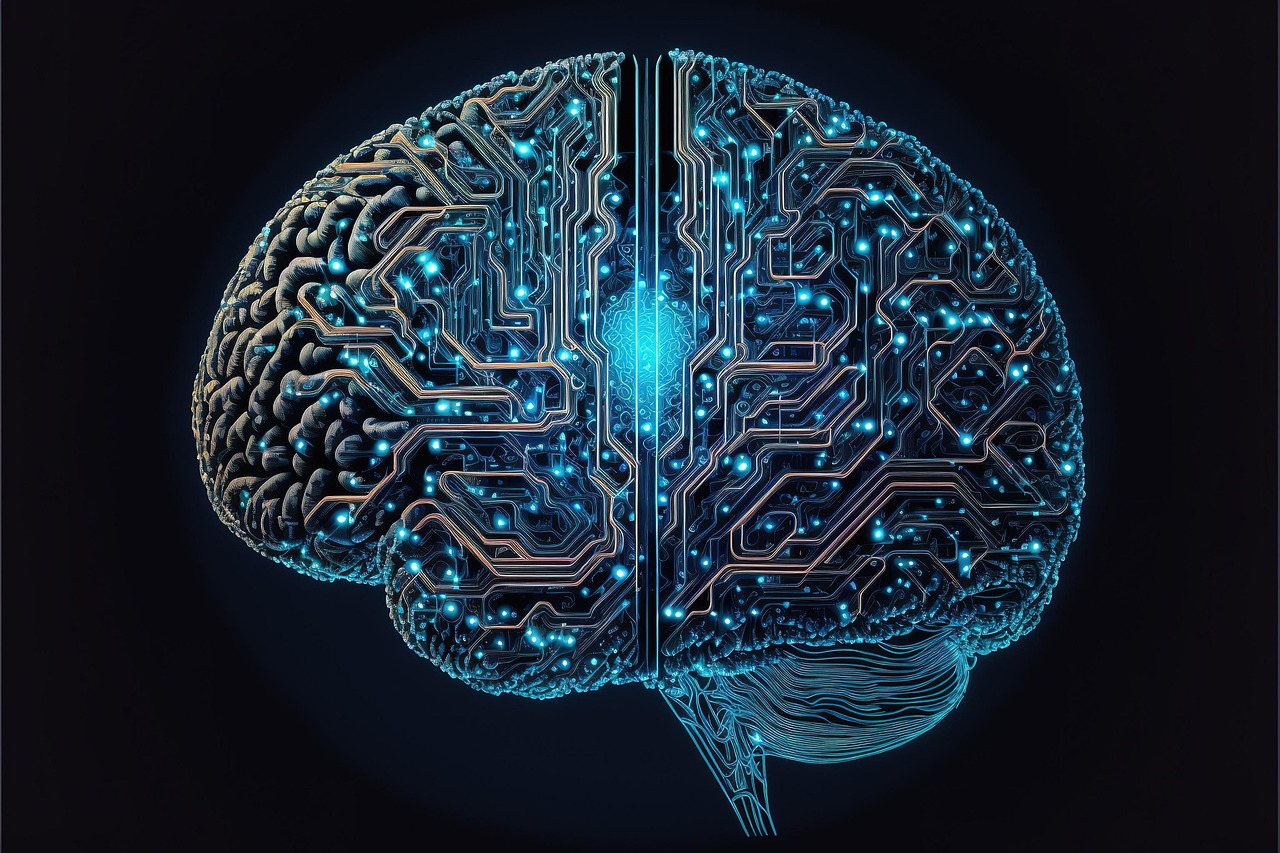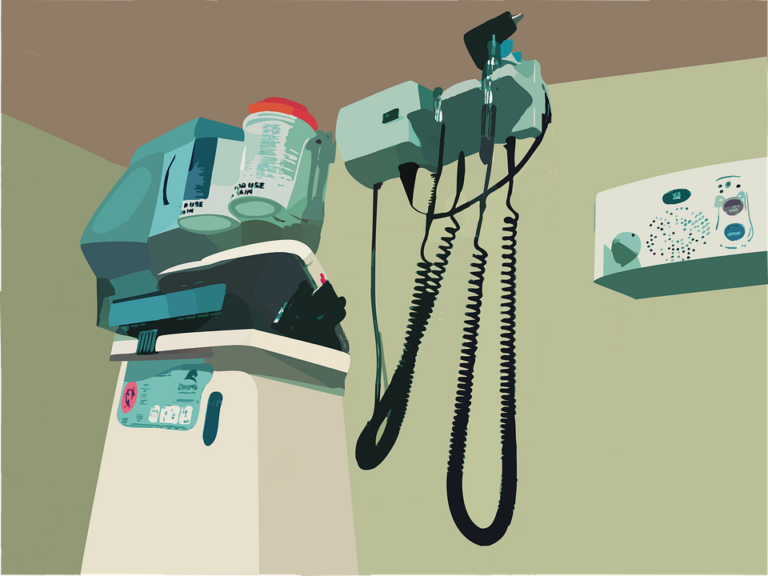Book Appointment Now

The Role of AI in Modern Nursing Practice
The Role of AI in Modern Nursing Practice is an increasingly vital topic as healthcare systems adopt innovative technologies to enhance patient outcomes and streamline care delivery. Artificial Intelligence (AI) is no longer a futuristic concept but a practical tool transforming how nurses assess, monitor, and respond to patients’ needs. From intelligent clinical decision support systems to AI-powered documentation tools, the integration of AI into nursing practice is revolutionizing the profession. As the demand for efficient, personalized, and evidence-based care grows, understanding the role of AI in modern nursing practice becomes essential for both current and future nurses. This discussion explores how AI is reshaping nursing workflows, improving patient safety, and enhancing clinical decision-making while also examining the ethical and professional considerations that arise in an AI-augmented care environment.
Count on our nursing experts to deliver 100% custom paper on the role of AI in modern nursing practice
Write my nursing essay
AI as a Decision-Support Tool in Nursing
One of the most significant contributions of AI in nursing practice is its role in clinical decision support. AI-powered systems analyze large volumes of patient data to identify patterns, predict outcomes, and generate alerts that aid nurses in making timely and informed decisions. These tools often utilize machine learning algorithms to improve their accuracy over time and offer recommendations for diagnosis, interventions, or prioritization of care based on real-time clinical data.
For instance, AI tools can assist in early detection of sepsis by continuously monitoring patient vitals and lab results, triggering alerts before the onset of critical deterioration (Topaz & Pruinelli, 2017). Such predictive analytics reduce the time to intervention, enabling nurses to act promptly and potentially save lives. By reducing the cognitive burden on nurses and offering objective support, AI enhances clinical judgment and safety.
Streamlining Nursing Workflows and Documentation
Documentation is a core component of nursing practice, but it is also time-consuming and often detracts from direct patient care. AI tools can optimize documentation processes through speech recognition, predictive text, and natural language processing (NLP). For example, voice-assisted AI documentation tools allow nurses to chart patient interactions and assessments in real-time, improving accuracy and reducing the risk of omitted information.
According to Brixey et al. (2020), AI-powered NLP systems can extract relevant clinical details from free-text notes and automatically populate structured fields within the Electronic Health Record (EHR). This not only saves time but also improves the consistency and usability of nursing documentation. By reducing documentation workload, AI allows nurses to dedicate more time to bedside care and patient engagement, thereby enhancing the quality of care.
Enhancing Patient Monitoring and Safety
AI-driven monitoring systems have revolutionized how nurses oversee patient conditions. Smart monitors and wearable devices equipped with AI algorithms continuously track vital signs, activity levels, and even behavioral patterns. These systems can detect subtle changes that may indicate patient deterioration and alert nursing staff before the onset of critical events.
In intensive care units (ICUs), for instance, AI-based monitoring tools can integrate data from various sources—such as ventilators, ECGs, and infusion pumps—to generate a comprehensive clinical picture. Nurses can use these insights to assess patient status more accurately and adjust care plans accordingly. McBride et al. (2018) note that such real-time surveillance systems significantly reduce the incidence of adverse events such as pressure ulcers, falls, and nosocomial infections.
Moreover, AI enhances medication safety through automated systems that verify prescriptions, calculate dosages, and cross-check for drug interactions. These systems reduce the risk of medication errors, a leading cause of patient harm, and support the nurse’s role in safe medication administration.
Personalizing Patient Care Through AI
Modern nursing is increasingly centered on personalized and patient-centered care. AI enables this by analyzing patient histories, genetic data, lifestyle factors, and preferences to tailor care interventions. By integrating multiple data points, AI helps nurses understand not just the patient’s current condition but also the underlying risk factors and potential responses to treatment.
For example, in chronic disease management, AI can help nurses identify patients at high risk of complications, enabling targeted interventions. AI systems can also guide personalized health education based on a patient’s learning style and language preferences, thereby improving adherence and engagement.
As pointed out by Davenport and Kalakota (2019), personalization of care through AI supports preventive health strategies and empowers nurses to deliver care that is holistic, culturally sensitive, and aligned with patients’ goals.
AI in Nursing Education and Simulation
The role of AI extends into nursing education, where it enhances learning through intelligent tutoring systems and virtual simulations. AI-driven platforms provide customized learning pathways based on student performance and learning gaps, promoting mastery of clinical skills and knowledge.
Simulation technologies powered by AI, such as virtual patients and clinical decision-making scenarios, allow nursing students and practicing nurses to hone their skills in a safe and controlled environment. These tools provide real-time feedback and analytics, helping learners understand the consequences of their decisions and improve clinical reasoning.
According to Leung et al. (2020), the use of AI in education enhances confidence and competency among nursing students, preparing them for the complexities of modern healthcare.
Addressing Ethical and Professional Concerns
Despite its many benefits, the integration of AI into nursing practice raises ethical and professional concerns that must be addressed. These include issues related to patient privacy, data security, informed consent, and the potential for bias in AI algorithms.
Nurses have a responsibility to advocate for ethical AI use that respects patient autonomy and safeguards sensitive health information. Furthermore, the American Nurses Association (ANA) emphasizes the importance of maintaining the human touch in care, warning against over-reliance on technology at the expense of compassionate nursing (Sensmeier, 2020).
Nurses must be educated about AI limitations and actively participate in the development and evaluation of AI tools to ensure they reflect the values of the nursing profession.
The Evolving Role of the Nurse in an AI-Driven Environment
The rise of AI does not replace the nurse but rather redefines the scope of nursing practice. AI serves as an augmentative tool that enhances the capabilities of nurses rather than diminishing their role. With AI handling repetitive or data-intensive tasks, nurses are better positioned to focus on complex care coordination, patient advocacy, emotional support, and interdisciplinary collaboration.
Additionally, the growing use of AI has created new career pathways in nursing, including roles in health informatics, clinical analytics, and AI development. Nurse informaticists and data-savvy clinical specialists now play key roles in training AI models, validating algorithms, and ensuring that AI tools are clinically relevant and equitable.
The integration of AI into nursing also underscores the need for ongoing professional development. Nurses must acquire digital literacy and analytical skills to thrive in technology-rich environments. Institutions must therefore invest in training programs and continuing education to prepare the nursing workforce for the future.
AI is reshaping modern nursing practice in profound and transformative ways. From enhancing clinical decision-making to streamlining workflows, improving patient safety, and supporting personalized care, AI has become a powerful ally in the nursing profession. However, its integration must be guided by ethical principles, clinical judgment, and a continued emphasis on patient-centered care. As the healthcare landscape evolves, nurses will remain at the forefront—leveraging AI to deliver high-quality, compassionate, and data-informed care.
In conclusion, the role of AI in modern nursing practice is multifaceted and transformative. AI enhances the delivery of care by supporting clinical decisions, streamlining documentation, improving patient monitoring, and enabling personalized interventions. It empowers nurses to provide more precise, timely, and efficient care, thereby improving patient outcomes and job satisfaction. However, with these advancements come new responsibilities for nurses, including the need for digital literacy, ethical awareness, and active involvement in AI system development and evaluation. As technology continues to evolve, embracing the role of AI in modern nursing practice is not only a professional imperative but also a pathway to more responsive and patient-centered healthcare.
References
Brixey, J. J., Johnson, T. R., Zhang, J., Turley, J. P., & Zhang, J. (2020). A study of interruptions in nurse-patient care communication. BMJ Quality & Safety, 19(6), e15. https://doi.org/10.1136/qshc.2009.033282
Davenport, T., & Kalakota, R. (2019). The potential for AI in healthcare. Future Healthcare Journal, 6(2), 94–98. https://doi.org/10.7861/futurehosp.6-2-94
Leung, M., Bryson, D., & Berry, M. (2020). Student nurses’ learning with virtual patients: A mixed methods study. Nurse Education Today, 92, 104518. https://doi.org/10.1016/j.nedt.2020.104518
McBride, S., Tietze, M., Robichaux, C., Stokes, L., & Weber, E. (2018). Ethical considerations for the nurse informaticist. Nursing Administration Quarterly, 42(1), 84–89. https://doi.org/10.1097/NAQ.0000000000000263
Sensmeier, J. (2020). The role of nursing informatics in transforming healthcare. Nursing Management, 51(11), 20–27. https://doi.org/10.1097/01.NUMA.0000703138.44109.71
Topaz, M., & Pruinelli, L. (2017). Big data and nursing: Implications for practice, research, and education. Nursing Outlook, 65(3), 285–291. https://doi.org/10.1016/j.outlook.2016.10.007







